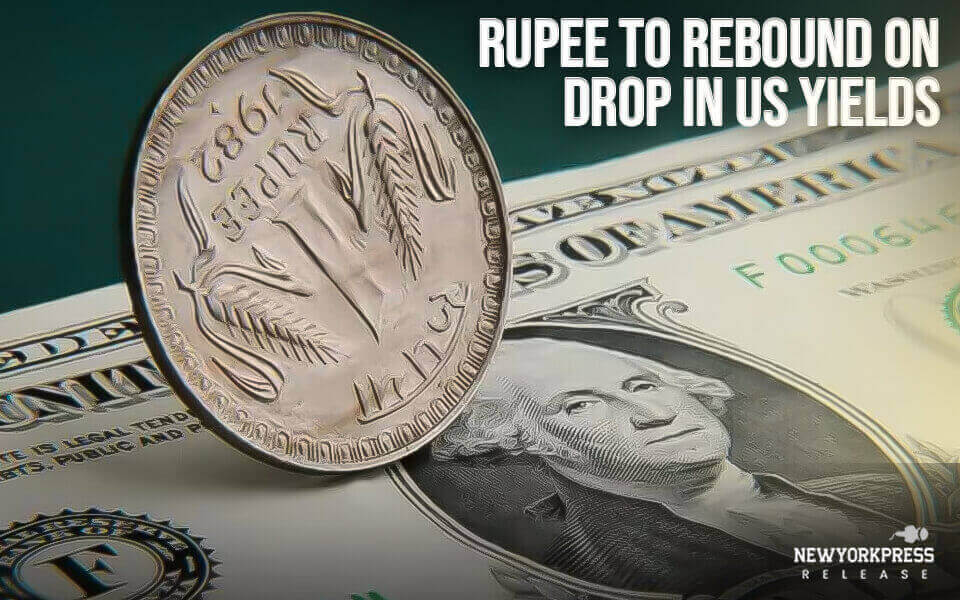Meme stocks are on the rise once more, thrilling supporters, annoying critics, and demonstrating to Wall Street that the social media powerhouse responsible for the incredible GameStop, which opened a new tab rally in 2021, is still going strong.
Reigning supreme once more, the US video game store has surged 340% in the last ten trading days following a series of posts on the X platform from an account connected to Keith Gill, the driving force behind the previous frenzy.
The stocks of other companies have also opened on new tabs, such as the movie theater chain AMC, the manufacturer of headphones Koss, and the food storage container giant Tupperware. Similar to GameStop, a large number of the stocks have seen a decrease in their fundamentals over the past few years and are heavily shorted.
As a trader, it’s difficult to avoid using adjectives like “insane,” according to Freedom Capital Markets’ senior global strategist, Jay Woods. “The first time this happened, it was more of a movement, but right now this looks like a craze where people are saying, ‘Here’s an opportunity’ and ‘Let’s see if we can make a quick buck off of it.'”
This is a brief, chart-based analysis of some of the elements influencing the meme stock phenomenon’s comeback.
GameStop and other meme stocks have a ways to go before they catch up to the advancements in technology, despite their recent astounding increases in 2021.
That year, GameStop’s stock increased by as much as 1,700%, AMC’s by 2,850%, and Blackberry’s U.S.-listed shares by around 280%.
Many of these businesses have been the focus of short sellers, which are investors who hope to make money by selling borrowed shares and wagering that the price of the stock will drop.
This year, short interest in GameStop increased gradually until mid-April, when it reached a 20-month high of 25%, just a few weeks before the company’s shares began to rise.
According to exchange data, that is significantly less than the greatest level of short interest that occurred in October 2020, when almost 107% of GameStop’s free share float was sold short.
The rallies have dealt a severe blow to short sellers. According to ORTEX estimates, GameStop alone has incurred paper losses of $1.28 billion so far this year.
However, according to Peter Hillerberg, co-founder of ORTEX Technologies, there was little sign that a short squeeze—which happens when a rising stock price compels negative investors to unwind bets and purchase back shares—was taking place.
“Calling it a squeeze may be a bit early.”
Along with the latest big stock boom, options trading has soared as well. A large portion of the activity is focused on optimistic call options, which profit when stock prices climb.
GameStop’s options volume reached 818,843 contracts on Tuesday, the biggest level since March 2021.
Trade Alert data shows that AMC saw 1.9 million contracts exchange hands, the biggest in about nine months.
Retail activity has increased dramatically over the past month, according to trading data, but Marco Iachini, senior vice president at Vanda Research, noted in a statement that it is “still a far shout relative to peak mememania days.”
“We think retail’s hand has been significant in pushing GME, AMC, and other meme stocks higher Monday, and so far on Tuesday.




